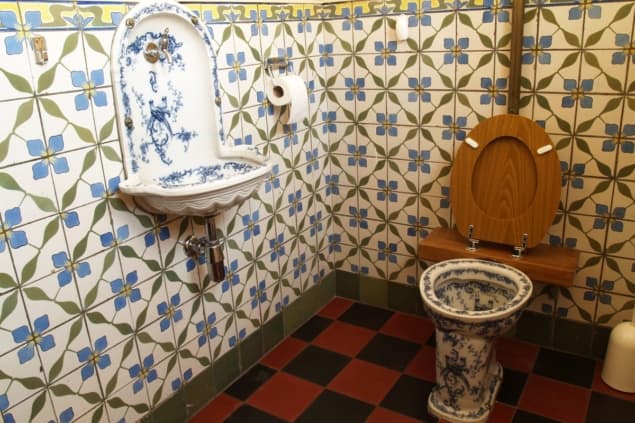
Here is another very good reason to wash your hands after using the facilities – and you might also want to wear a mask. Yun-Yun Li, Ji-Xiang Wang and Xi Chen of Southeast University in Nanjing, China have published a paper called “Can a toilet promote virus transmission? From a fluid dynamics perspective”. The answer, at least according to their computer simulation, is an emphatic “yes”.
They found that as water pours into the toilet bowl it creates vortices that continue upward into the air carrying droplets to a height of nearly 1 m. These droplets are so small they float in the air for more than 1 min and could be inhaled or settle onto surfaces – say the researchers.
They point out that their discovery could be significant for controlling the spread of the SARS-CoV-2, which is known to transmit via faecal matter. One suggestion from the researchers is that public toilets could be designed so they will not flush unless the lid is closed.
In other virus news, Talib Dbouk and Dimitris Drikakis at the University of Nicosia in Cyprus have created a computer model of what happens when a mask wearer coughs repeatedly. In “On respiratory droplets and face masks” they report that repeated coughs reduce a mask’s efficiency at preventing the spread of fluid – letting many more droplets through.
